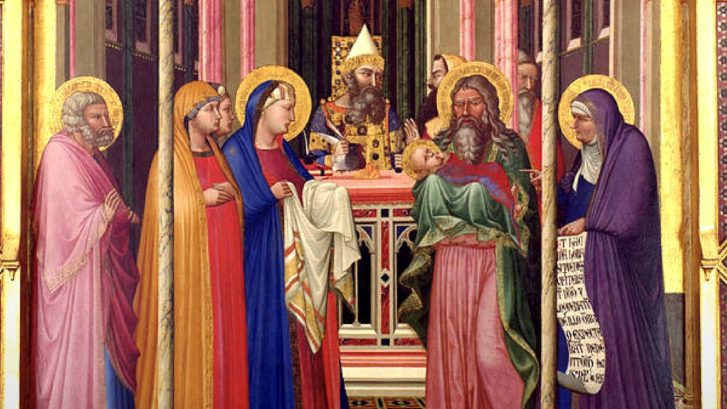The more unusual an event happens to be, the easier it is to believe that God was involved.
For example, a man has surgery, and it reveals cancer, but it is a small tumor and is easy to remove. After some chemotherapy, the man is well enough to return to work and all is well.
But the opposite is true of another man. The cancer is far advanced, nothing can be done. And the doctors predict no more than six months. The six months come and go, and the man continues to live. He goes back to the doctor and there is no evidence of the tumor that threatened his life. No one can explain it, and everyone says it is a miracle.
Both events turned out exactly the same.
We call one a miracle, the other simply human achievement; why the distinction?
I think the difference lies at the point of familiarity.
We are getting used to the idea that, with early detection and treatment, people do recover from cancer, but spontaneous recovery is another matter. It is very rare and we have no explanation for it. Therefore it must be an “Act of God.” That is our tendency. We see God in the unusual, but not in the ordinary.
Our gospel introduces us to a man who somehow has overcome this tendency, his name is Simeon. He was in the temple when Mary and Joseph brought Jesus to present Him to God. The scene that struck his eye that day was an ordinary couple with an ordinary looking baby. And what they were doing was an ordinary event in that culture. For hundreds of years, Jewish parents had been practicing this ritual.
But Simeon looked at this ordinary scene with the ordinary couple and their ordinary baby, and saw the Divine, saw the Messiah. He knew that, in this child, heaven touched earth, and life would never be the same again.
The problem we have today is that if we see God only in the unusual, we rarely see Him. But if we train our eyes to see Him in the common things, we will meet Him every day.
Most of our lives are ordinary. We usually do the same thing day in and day out. We get up at the same time, get the children off to school, and go to work. We do not have the time to get all spiritual when we are having difficulty putting one foot in front of the other. We are just doing our everyday chores.
But do we ever think of God when we eat? Without Him, nothing would grow. Do we ever thank God for putting those we love in our lives?
No one ever saw God more clearly or more often than Jesus. It is worth noting where those sightings took place: He saw God at work in wildflowers and birds, lilies of the field and birds of the air. He saw the saving work of God in a shepherd searching for lost sheep. He saw the grace of God in a father embracing a prodigal son. He saw the kingdom of God in the trusting faces of little children.
For Jesus, ordinary events and ordinary people were open windows to heaven He could look through and see God. You and I can do the same.
Our failure to see God does not mean that He is absent. More than likely it means that we are looking for Him only in the unusual, and the unusual rarely happens. But God is with us all the time, in the ordinary people and those ordinary events of our ordinary lives.
How do I know this? Why else would He take simple bread and wine and say… “This is My body, this is My blood, given for you… do this in memory of Me.”


